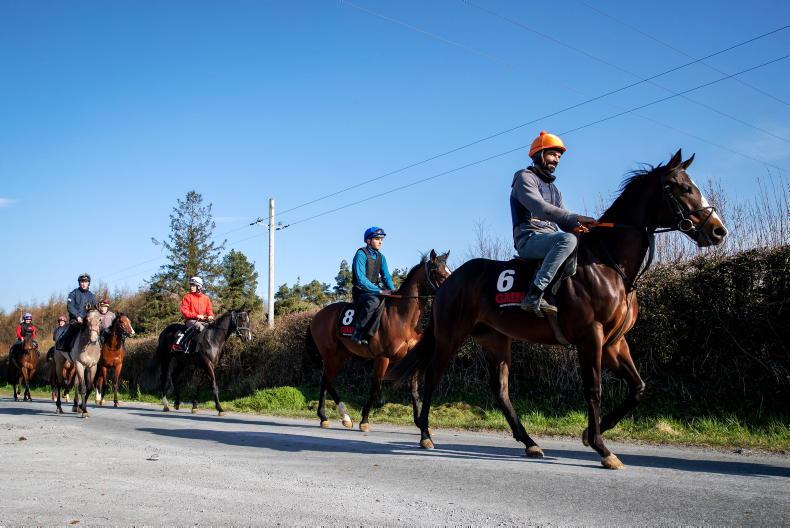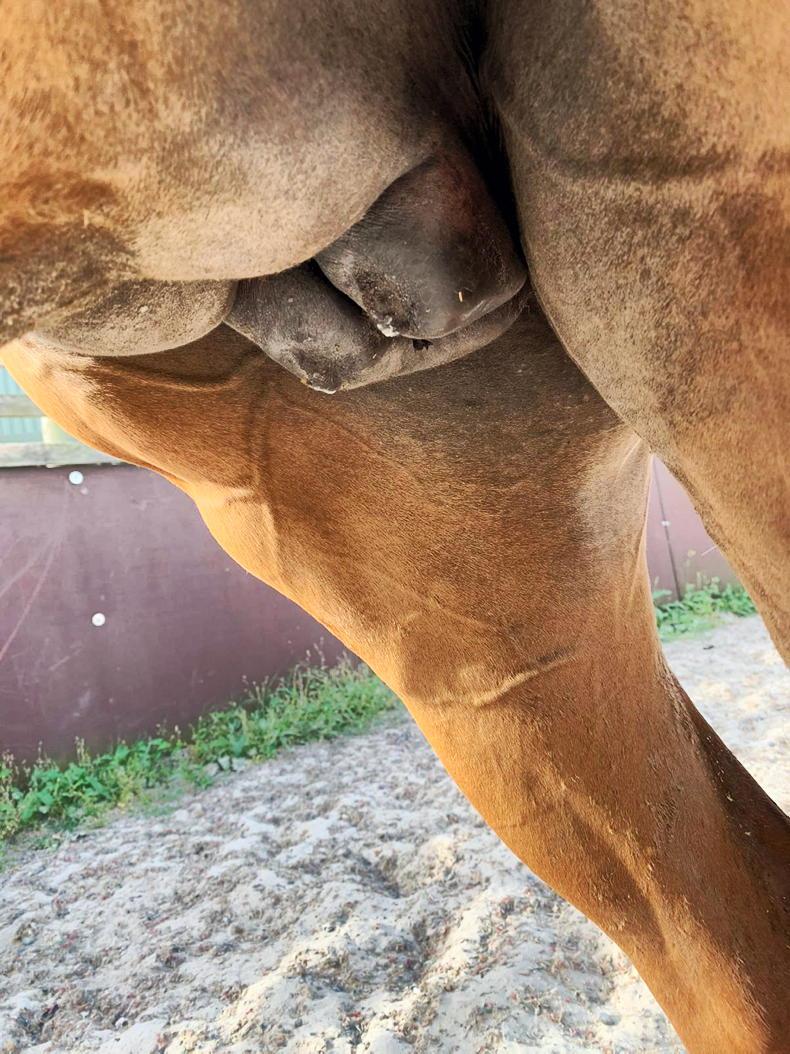TIM Bourke set up as a private agricultural consultant in 1996, having worked for a number of years with IAS. He is based in Cashel, Co Tipperary.
Bourke has since been working with many farm clients and has a large cohort of stud farm clients around the country. He specialises in grassland and equine nutrition and also assists with Government schemes, such as TAMS and BISS.
To begin with, grass is by far the best diet for horses and don’t forget that horses are physiologically adapted to feed on forage such as grass. Increasing the amount in the diet of horses has huge benefits. It is not uncommon to see pastures not providing sufficient quality grass, you can see this in the shoulders of the horses in early spring and late autumn. A lot can be achieved to help horses thrive and to support good conformation by focusing on good grass.
Lesser grasses
Many horse pastures can have poor botanical structure and are dominated by lesser grasses, such as Bent Grass, Yorkshire Fog, Annual Meadow Grass, Sweet Vernal, Fescues etc., and also low levels of Perennial Rye Grass.
Pasture rejuvenation involves a suite of actions specific to each field, such as improving pH (lime), phosphorus (P) and potash (K) with the correct fertiliser and timing of application.
Harrowing, soil aeration, application of FYM compost, over-seeding, weed control, and full reseeding where necessary. These actions will improve the Physical, Biological and Chemical attributes of the soil.
The management of grass, such as rotational grazing with cattle and sheep, also helps to maintain and improve quality.
You should include Perennial Rye Grass, Smooth Stalked Meadow Grass and/or Timothy. Late heading Diploid Perennial Rye Grass with low sugar levels are preferred and specific mixes can be made up very efficiently and quickly by our local grass merchants.
Manufacturing feed
Whilst grass is the best feed for horses, oats (Irish grown) are next best thing. These are not balanced for protein, minerals and trace elements. The major feed compounders are good for manufacturing feed with a complement of minerals and vitamins, but I believe that stud owners should have the means to micro-manage the major and minor minerals because such requirement can be specific to individual farms.
As we say: “It’s the small things that make the difference when it comes to winning at Royal Ascot.”
Mineral supplements
A lot of our work involves diet assessment to check the mineral balance, so as to ensure that the calcium: phosphorus ratio, magnesium, sodium, cobalt, selenium and iodine, copper manganese and zinc levels are balanced in the diet. Specific mineral supplements, bespoke to the requirements of the stud, are then devised.
Contact: tim@prostep.ie.
Telephone: 086 2568114




 This is a subscriber-only article
This is a subscriber-only article
 It looks like you're browsing in private mode
It looks like you're browsing in private mode









SHARING OPTIONS: